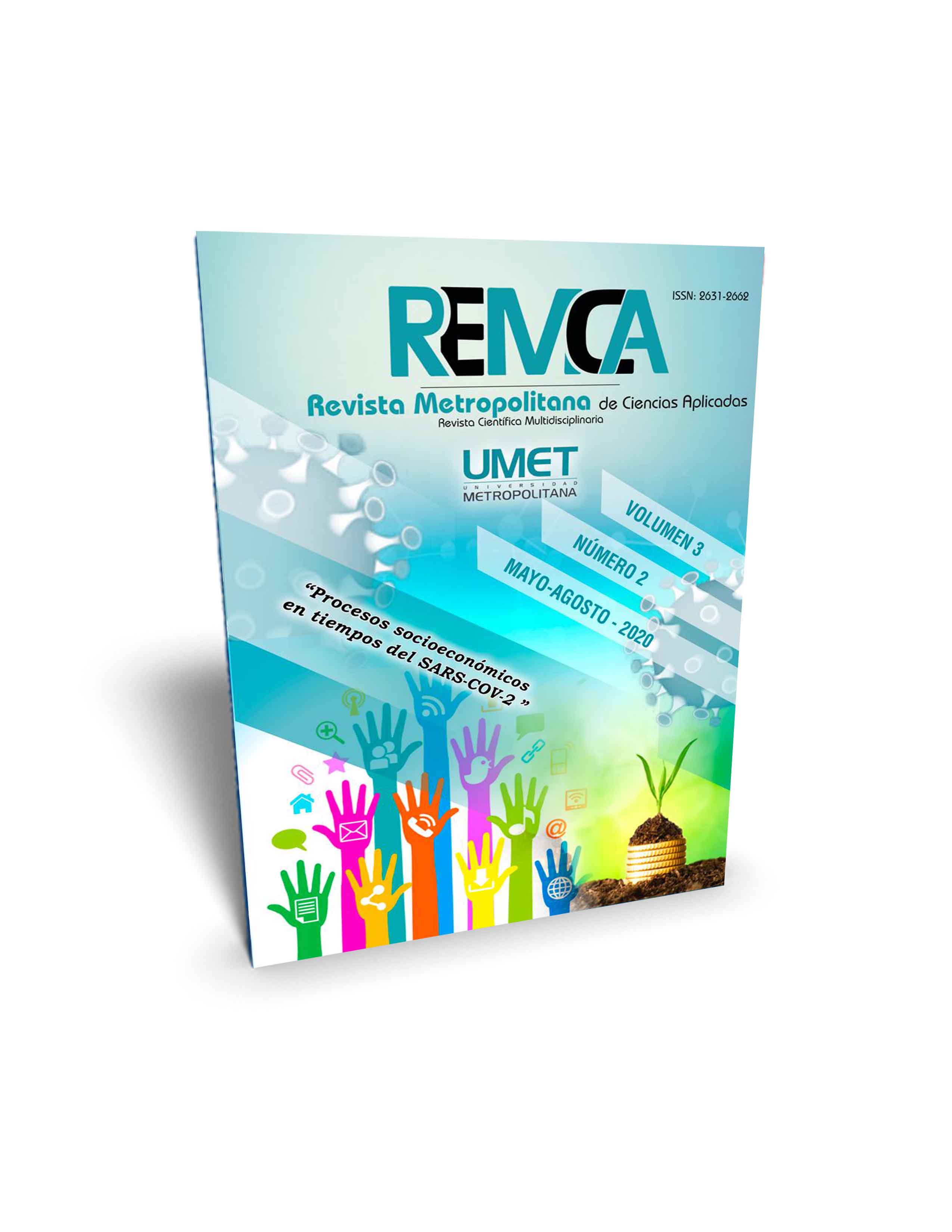Information and Communication Technologies in the teaching of translation. Possibilities for the training of professionals
DOI:
https://doi.org/10.62452/5e0m1h78Keywords:
English, new technologies, social impact, society, teachingAbstract
The current society has run to the psychological limits when knowing how to identify those aspects that are considered to be accessories, expendable, extremely technical or practical enough from its personal needs. It is a fact that the university should play a key role in the process of knowledge flow, transformation and development. Thus, training professionals should be conducted taking into account the social needs that arise as a consequence of development. At that, the teaching of English, specifically translation can be a bridge for communication amongst cultures. This investigation is conducted to set comments about the social impact of the new technologies on the teaching of translation.
Downloads
References
Baker, M. (2001). Routledge Encyclopedia of Translation Studies. Taylor & Frnacis Library.
Castells, M. (2000. La sociedad real. La era de la información. Vol. 1. Siglo XXI.
González García, M. I., López Cerezo, J. A., & Luján, J. L. (1996). Ciencia, Tecnología y Sociedad: una introducción al estudio social de la ciencia y la tecnología. Tecnos.
Hurtado, A. (2005). La adquisición de la competencia traductora aspectos teóricos y didácticos. Didáctica de la traducción y la terminología. Colección estudios de traducción y terminología, 2, 17-50.
Kelly, D. (2005). A handbook for translator trainers. a guide to reflective practice. St. Jerome Publishing.
López Cerezo, J. A. (1998). Ciencia, Tecnología y sociedad ante la educación ciencia, tecnología y sociedad: el estado de la cuestión en Europa y Estados Unidos. Revista iberoamericana de Educación, 18, 41-68.
Poster, M. (2001). The information subject. G+B Arts International.
Quintanilla, Á. (2016). Tecnología. Un enfoque filosófico y otros ensayos de filosofía de la tecnología. Fondo de Cultura Económica.
Downloads
Published
Issue
Section
License
Copyright (c) 2020 Daniel Cima Mesa (Autor/a)

This work is licensed under a Creative Commons Attribution-NonCommercial-ShareAlike 4.0 International License.
Authors who publish in Revista Metropolitana de Ciencias Aplicadas (REMCA), agree to the following terms:
1. Copyright
Authors retain unrestricted copyright to their work. Authors grant the journal the right of first publication. To this end, they assign the journal non-exclusive exploitation rights (reproduction, distribution, public communication, and transformation). Authors may enter into additional agreements for the non-exclusive distribution of the version of the work published in the journal, provided that acknowledgment of its initial publication in this journal is given.
© The authors.
2. License
The articles are published in the journal under the Creative Commons Attribution-NonCommercial-ShareAlike 4.0 International License (CC BY-NC-SA 4.0). The terms can be found at: https://creativecommons.org/licenses/by-nc-sa/4.0/deed.en
This license allows:
- Sharing: Copying and redistributing the material in any medium or format.
- Adapting: Remixing, transforming, and building upon the material.
Under the following terms:
- Attribution: You must give appropriate credit, provide a link to the license, and indicate if any changes were made. You may do this in any reasonable manner, but not in any way that suggests the licensor endorses or sponsors your use.
- NonCommercial: You may not use the material for commercial purposes.
- ShareAlike: If you remix, transform, or build upon the material, you must distribute your creation under the same license as the original work.
There are no additional restrictions. You may not apply legal terms or technological measures that legally restrict others from doing anything the license permits.




